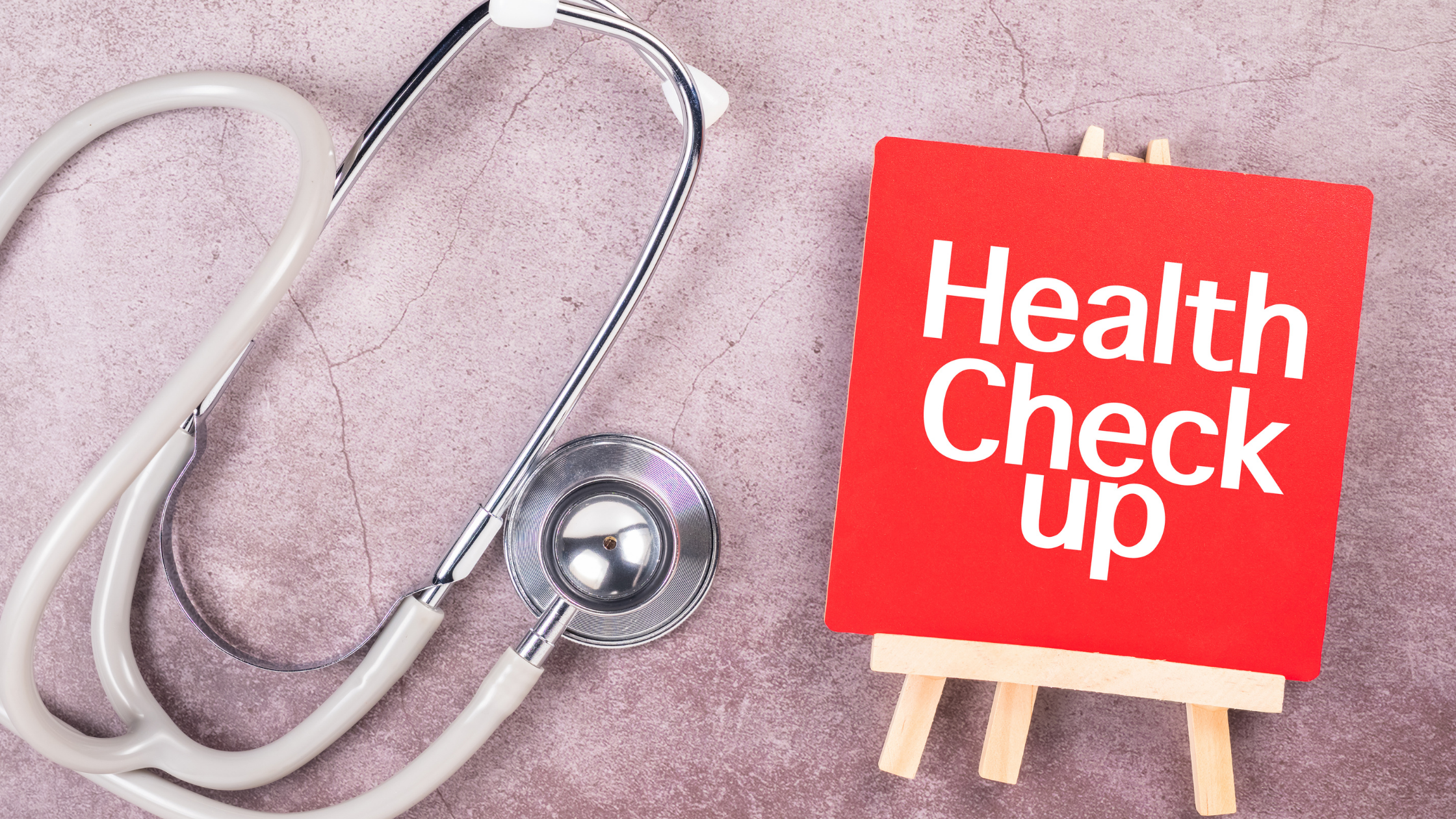Regular health check-ups are a crucial aspect of maintaining overall well-being and preventing major illnesses. These routine screenings allow for the early detection of health issues, providing a better chance for effective treatment and management. This article discusses the benefits of routine health screenings and how they can help prevent significant health problems.
Benefits of Routine Health Screenings
1. Early Detection of Diseases
One of the primary benefits of regular health check-ups is the early detection of diseases. Conditions such as hypertension, diabetes, and certain cancers can develop silently without noticeable symptoms. Routine screenings can identify these conditions in their early stages, allowing for timely intervention and treatment. Early detection often results in better prognosis and a higher chance of complete recovery.
2. Prevention of Health Issues
Health check-ups are not just about detecting existing problems but also about preventing potential health issues. Regular screenings can identify risk factors for various diseases, such as high cholesterol levels, obesity, and smoking habits. Healthcare providers can then offer advice on lifestyle changes, diet modifications, and preventive measures to reduce the risk of developing chronic conditions.
3. Monitoring of Existing Conditions
For individuals with existing health conditions, regular check-ups are essential for monitoring the progress and effectiveness of treatment plans. Conditions like asthma, diabetes, and heart disease require ongoing management, and routine visits to the doctor ensure that the treatment is working as intended. Adjustments to medication and lifestyle recommendations can be made based on the latest health status.
4. Building a Relationship with Your Doctor
Regular health check-ups help build a strong doctor-patient relationship. Having a trusted healthcare provider who knows your medical history, lifestyle, and health concerns can be invaluable. This relationship fosters better communication, making it easier for patients to discuss sensitive health issues and for doctors to provide personalized care.
5. Updating Vaccinations and Screenings
Routine health check-ups ensure that vaccinations and screenings are up-to-date. Vaccines protect against various diseases, and staying current with immunizations is essential for overall health. Additionally, screenings such as mammograms, Pap smears, and colonoscopies are vital for early detection of cancers and other conditions.
6. Mental Health Assessment
Health check-ups often include mental health assessments, which are crucial for identifying issues such as depression, anxiety, and stress. Mental health is an integral part of overall well-being, and addressing psychological concerns early can prevent more severe mental health disorders.
7. Encouraging Healthy Lifestyle Choices
Regular visits to the doctor provide an opportunity for healthcare professionals to encourage and support healthy lifestyle choices. Discussions about diet, exercise, smoking cessation, and alcohol consumption can motivate individuals to adopt healthier habits. Preventive care and education can significantly impact long-term health outcomes.
8. Reducing Healthcare Costs
While it may seem counterintuitive, regular health check-ups can reduce healthcare costs in the long run. By preventing diseases and managing conditions early, individuals can avoid expensive treatments, hospitalizations, and surgeries. Preventive care is often more cost-effective than treating advanced illnesses.
How Regular Check-Ups Prevent Major Illnesses
1. Cardiovascular Disease
Routine health check-ups can help prevent cardiovascular diseases by monitoring blood pressure, cholesterol levels, and weight. Early detection of hypertension and high cholesterol allows for lifestyle changes and medications to manage these conditions, reducing the risk of heart attacks and strokes.
2. Diabetes
Regular screenings for blood glucose levels can identify prediabetes and diabetes early. With early intervention, individuals can manage their blood sugar levels through diet, exercise, and medication, preventing complications such as neuropathy, kidney disease, and vision problems.
3. Cancer
Screenings such as mammograms, Pap smears, colonoscopies, and prostate exams are essential for early detection of cancers. Identifying cancer in its early stages significantly improves the chances of successful treatment and survival.
4. Respiratory Diseases
Regular check-ups can detect respiratory issues such as asthma and chronic obstructive pulmonary disease (COPD). Early diagnosis and management can prevent the progression of these conditions and improve the quality of life for affected individuals.
5. Osteoporosis
Bone density screenings can detect osteoporosis early, allowing for interventions to strengthen bones and prevent fractures. Adequate calcium and vitamin D intake, along with weight-bearing exercises, can improve bone health.
6. Infectious Diseases
Regular check-ups ensure that vaccinations are up-to-date, protecting individuals from infectious diseases such as influenza, hepatitis, and human papillomavirus (HPV). Early detection and treatment of infections can prevent complications and the spread of disease.
7. Mental Health Disorders
Mental health screenings during regular check-ups can identify conditions such as depression and anxiety. Early intervention through counseling, therapy, and medication can improve mental health outcomes and prevent severe psychological issues.
Conclusion
Regular health check-ups are an essential part of maintaining good health and preventing major illnesses. These routine screenings offer numerous benefits, including early detection of diseases, prevention of health issues, and monitoring of existing conditions. By fostering a strong relationship with healthcare providers and encouraging healthy lifestyle choices, regular check-ups contribute to overall well-being and longevity. Prioritizing preventive care through routine health screenings can lead to a healthier, happier life.







